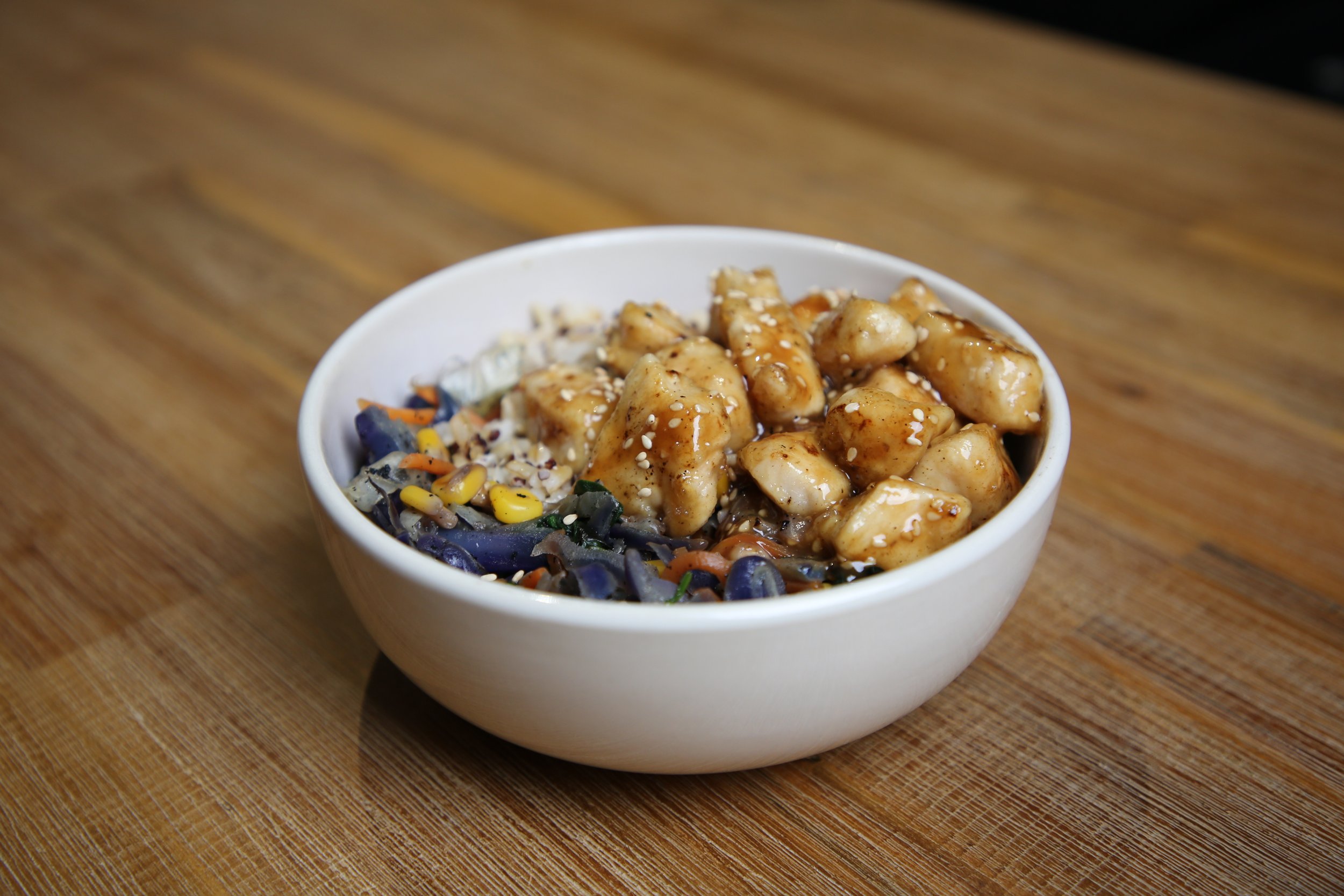Hight Blood Cholesterol - Dyslipidaemia
What is high blood cholesterol?
High blood cholesterol, known as dyslipidaemia or hyperlipidaemia, refers to an imbalance in blood cholesterol levels that heightens the risk of heart disease, atherosclerosis, stroke, and other health issues. Our bodies contain various types of cholesterol, with a key focus on High-Density Lipoprotein cholesterol (HDL-c), often referred to as "healthy cholesterol," and Low-Density Lipoprotein cholesterol (LDL-c), commonly known as "bad cholesterol." Additionally, Triglycerides (TG) and Total cholesterol levels are frequently used for diagnosis and monitoring.
How do nutrition improve high blood cholesterol?
Dietary choices represent the most significant modifiable factor in managing dyslipidaemia or hyperlipidaemia. A common misconception is that we obtain HDL-c and LDL-c directly from our food, and dietary cholesterol is the primary driver of our blood cholesterol levels. In reality, our bodies produce HDL-c and LDL-c in response to our dietary fat intake, particularly saturated fats.
Excessive consumption of saturated fats signals the body to produce more LDL-c, increasing the risk of cholesterol buildup in our blood vessels. When LDL-c accumulates and corrodes blood vessel walls, it leads to atherosclerosis, the hardening and narrowing of blood vessels. This process can result in life-threatening conditions like strokes (in the brain) and heart attacks (in the heart).
Therefore, the primary nutrition goal is to manage dietary intake, with a strong emphasis on different types of fats and other beneficial nutritional strategies. These strategies aim to reverse the condition and prevent it from progressing into more severe diseases.
Why working with a dietitian?
Dietitians are medically-trained nutrition professionals, and the only professional that is qualified to provide individual dietary consultation at the moment (Click here to read about dietitian and nutritionist). Dietitians are trained to provide medical nutrition therapy and one-to-one personalised dietary advice. We take in consideration of one’s lifestyle, dietary habits, preference and goals to tailor our nutrition strategies.
The topics dietitians might talk to you about:
Role of different types of fats in dyslipidaemia/hyperlipidaemia
Source of different types of fats and how much of each type of fats to consume in order to manage blood cholesterols levels in dyslipidaemia/hyperlipidaemia
Manage any other co-existing health conditions
The role of carbs, healthy fats, protein and fibres to ensure cardiovascular health
How to develop a generally healthy diet to prevent further disease development and reverse dyslipidaemia/hyperlipidaemia
What does working with Timeless Dietetic dietitian look like?
-
You will be invited to fill in a survey before the consults, including your health history, family history, current situation, goals
For elite athletes: You might be asked to provide a training program, body composition assessment (if available) and food diary
-
Discuss and understand your goals, living situation, lifestyle, potential motivators and barriers.
Perform assessment on health indicators, training schedules and goals, usual dietary intake.
Provide professional feedback on your diet, and identify areas that can be improved to help achieve your goal.
Discuss the most relevant nutrition topic that can help with the current situation and those you are interested in.
In collaboration with you, set small but impactful nutrition goals, homework and challenges.
Recommend what else you can do in the future and a recommended review timeframe if you would like to continue.
Provide you with a tailored nutrition information package to takeaway.
-
Review the effectiveness and practicality of previous goals/homework/challenges.
Review and track any progress indicators.
Reassess any changes in health indicators, training and dietary intake.
Discuss the most relevant nutrition topics and those you are interested in.
In collaboration with you, adjust the previous intervention that did not work well or develop a new strategy.
In collaboration with you, develop new strategies to improve your health and progress.
Provide you with a tailored nutrition information package to takeaway.
































